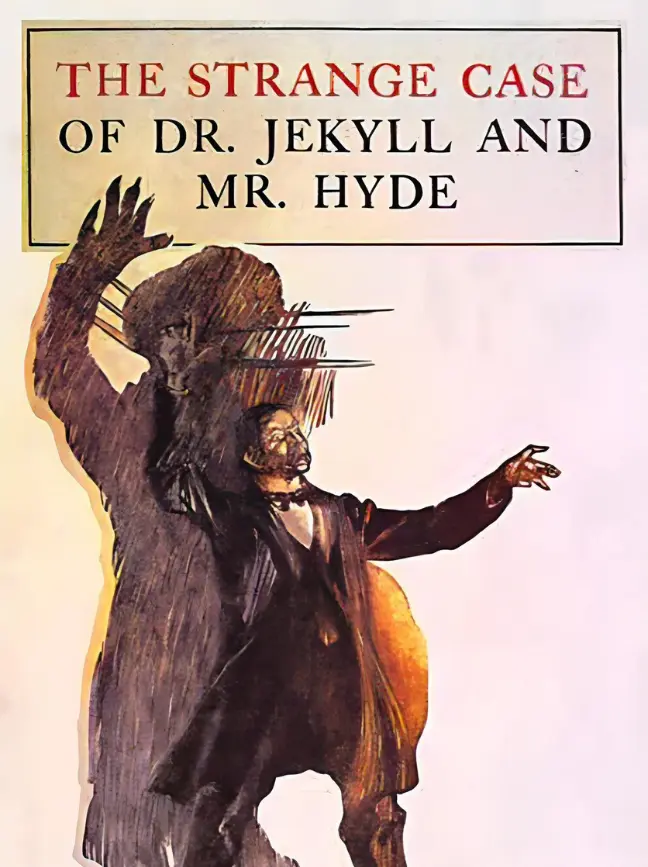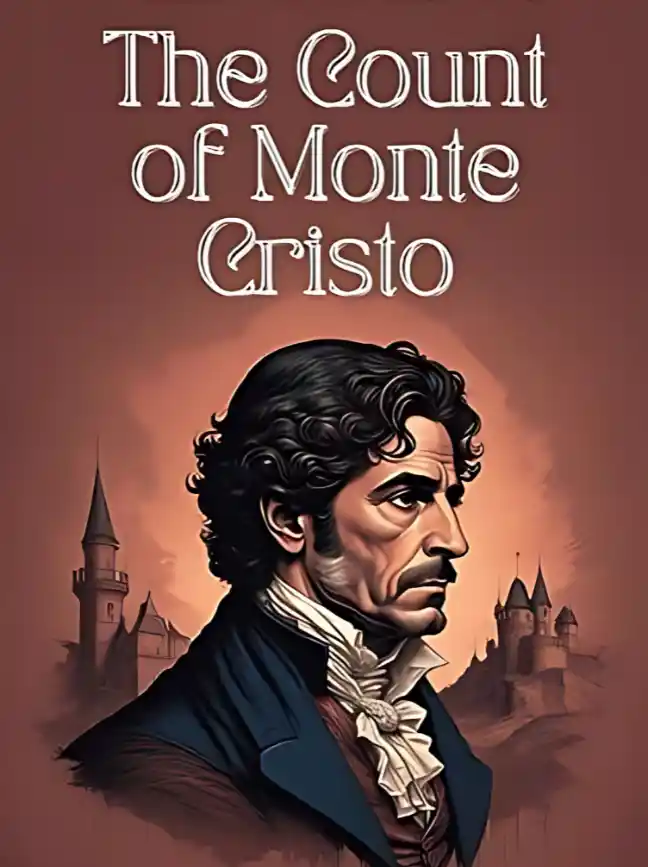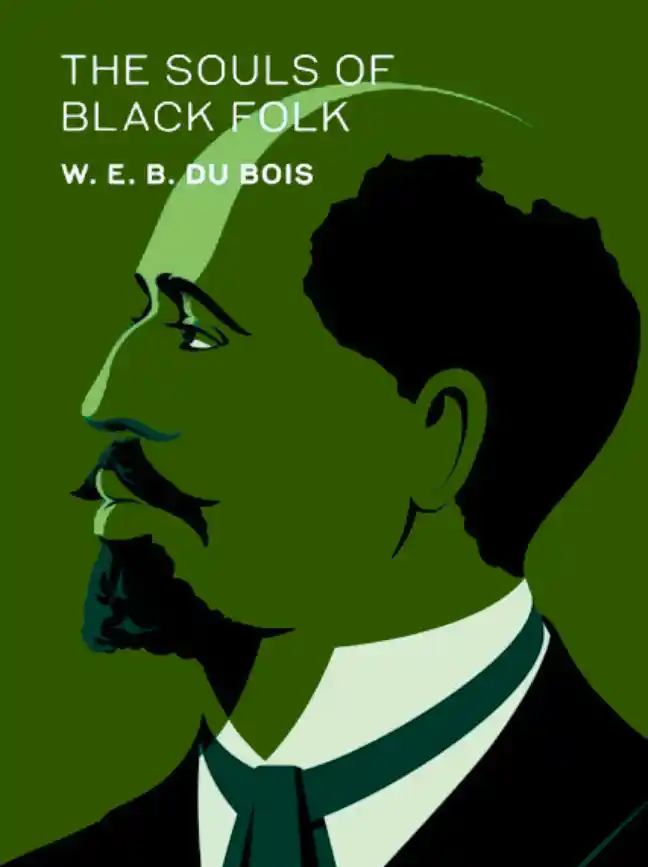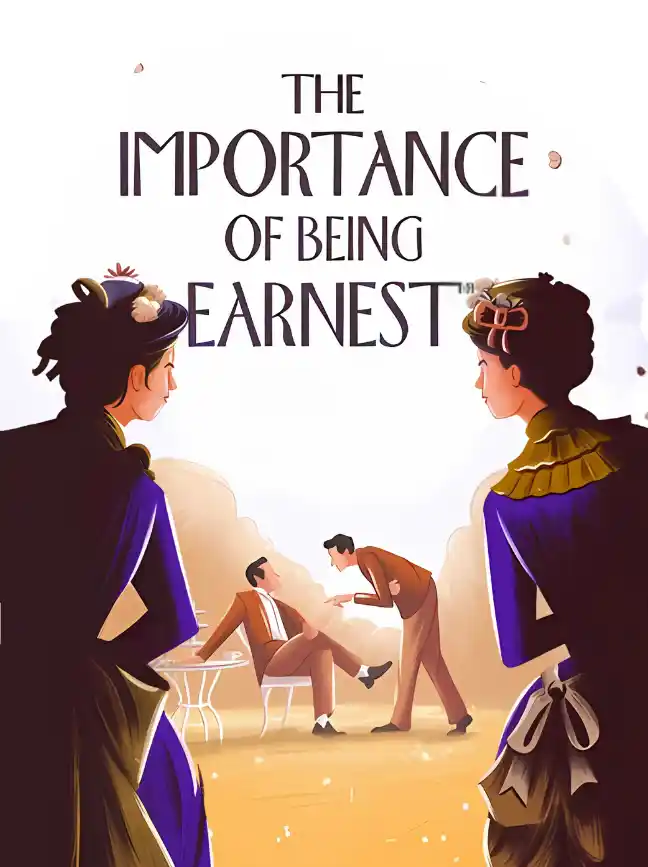Sarah sat at the piano, clunking out festive tunes awkwardly with one hand. The window behind her stood open, letting in frigid air. Her fingers trembled on the keys.
‘Close the window, Sarah. You look chilled.’
Her gaze rose above the top of the piano. ‘I like the air. I like to feel as if I am . . . outside.’ A few discordant notes clanged. She looked back down to the keys.
So Sarah felt it also: this strange pressure; the stuffy, cloying warmth that infused the house. The smell, too. Ever since the bonfire, Elsie could not shift the smell of burning from her nostrils. It reminded her of the wooden baby, sliced in two, no anger or hurt in its eyes – just that awful, chilling blankness.
She sighed and returned to wrapping Jolyon’s present. At least her dear boy would arrive soon with news of London, the rational world. What would he make of her improvements to The Bridge? New paper was up in the nursery: a corn-coloured background with birds and branches in the oriental fashion. The drawing room had new panelling, set with gilt roundels. Best of all she’d arranged for the gardeners to set up great fir trees in pots around the grounds and string them with lanterns. As a boy, Jolyon had stared round-eyed at the shop windows at Christmas, mesmerised by candles and mechanical toys. Now she finally had the money to spare for frivolities. She was going to give him the Christmas he deserved.
She was adjusting a ribbon when a high note chimed from the piano, echoing up to the moulded ceiling. It lingered on its own,
pathetic and fragile, before dying out.
‘Mrs Bainbridge,’ Sarah whispered. ‘Mrs Bainbridge, look.’
She froze. Her sweating hands made her gloves clammy on the wrapping paper. Inch by inch, she raised her eyes, steeling herself for something awful.
It was a sparrow. Only a little sparrow, perched on the lid of the piano. He tilted his head from side to side, regarding them. Tiny black eyes darted above his beak.
‘He’s beautiful.’ She kept her voice low, trying not to startle the bird. ‘Better not let Jasper see him.’
Sarah smiled. ‘Have you any crumbs left? We could lay them along the piano for him to gather up.’
Elsie looked to the side table. The plate there was speckled with grains of cake, perhaps a dozen or so. ‘I do. But I don’t want to get up and frighten him.’
The sparrow hopped forwards. Pulling back his wings, he puffed out his chest and parted his delicate beak, ready to sing.
At that instant, three blows fell on the front door. Quick as a dart, the sparrow flew through the open window. A single brown feather drifted down on the piano.
‘Who could that be?’ Elsie went to the window and tried to peer around the brick mass of the east wing. She could only glimpse the drive – no carriages.
‘I think . . .’ Sarah began tentatively, ‘I think it might be Mr Underwood.’
‘Mr Underwood? I do not recall inviting him.’
‘No.’ Sarah closed the lid of the piano over the keys. ‘No, you didn’t. I’m terribly sorry, Mrs Bainbridge. It was me. I invited him.’
‘Oh. I see.’
‘It’s just that . . .’
‘You might have mentioned it.’ She felt wrong-footed. In some way – she was not sure how – she had been insulted. ‘I am not prepared to receive guests.’
‘But I did not invite him as a guest.’ Sarah stood and nervously began to smooth her hair. ‘More as an . . . advisor.’
Another trio of knocks, quicker this time. ‘Whatever do you mean?’
‘I want to ask him about Hetta.’
Dread bobbed in her stomach. ‘Sarah—’
‘I thought perhaps he would know what to do. The Church performed exorcisms, in the past.’
Exorcism. The word was guttural, too far back in the throat. Saying it aloud was like gagging, like beginning to speak in demonic tongues yourself. What was Sarah thinking?
‘You are not seriously going to ask him to perform some kind of ritual?’
‘No! Oh no, I don’t think Hetta needs banishing or anything like that. I simply want his advice.’
The house-bell jangled.
‘Clearly, no one is going to answer the door,’ Elsie said. ‘I had better do it myself.’
She was relieved to have an excuse to leave the room and escape Sarah’s intense expression. At least Mr Underwood would set her straight. He was a man of faith but not, she thought, of superstition.
The Great Hall was dingy and chill. The fire, though lit, did not draw well. No light glinted on the ceremonial swords or the suit of armour; they were dull, pewter grey. Air whipped in through the open front door. Underwood stood on the threshold, holding a long box.
‘Good day, Mrs Bainbridge. Forgive the intrusion. I rang the bell but the door was ajar and I found this, lying on the step.’
‘It will be my new gown! I’ve been expecting it from Torbury St Jude all week.’
‘Just in time for Christmas. How fortunate.’ He came in and placed the box onto the oriental rug for her. She knelt down – no easy task these days, with her budding stomach – and ran a hand over the package. There was no tag, no label, only a ribbon of olive and gold.
Mr Underwood removed his hat. It had squashed his blond hair flat against the scalp. ‘I wonder, is Miss Bainbridge at home? I received a note from her, asking to speak with me. I must say, I was alarmed. Her message sounded . . . confused.’
‘She is in the music room.’ Elsie stared down at the package. She had an urge to confess everything: tell him about the splinters on Rupert’s neck; the nursery; the garret; the handprint; the eyes. But to speak of such things made them a farce. You could not explain fear;
you could only feel it, roaring through the silence and striking your heart still. ‘I feel I should warn you, Mr Underwood, that Miss Bainbridge wishes to discuss her beliefs. They are . . . unconventional. She used to work for a very old, very fanciful lady. I gather she was part of some spiritualist circle.’
‘Ah.’
‘I hope you will support me when I say I am – cautious – about such things.’
‘Absolutely. While the Church does not deny the existence of spirits, it is strongly against meddling in that field. Consider the Witch of Endor and the curse on King Saul for consulting a medium.’
It came to her in snatches of Sunday-school memory: King Saul, desperate for the advice of his prophet Samuel, begging the woman to resurrect him. Why hast thou disquieted me, to bring me up?
The disturbing recollection was, she had done it. The thing had been possible.
Elsie cleared her throat. ‘You must understand Sarah is particularly susceptible to these sham mesmerists and mediums. Her parents died when she was young. Without family she is vulnerable .
. . May I trust you to try and dissuade her from these rash methods? With gentleness?’
‘You have my word upon it.’ She looked up from where she knelt on the floor. He regarded her softly – almost, she feared, tenderly. ‘It is as I once said to you: I want to school Fayford and eradicate superstitions like this.’
‘I have been thinking, Mr Underwood, about Fayford. My brother will come up from London for the holiday. If you could recommend some likely girls from the village, I might persuade him to take them back as apprentices. The wage is not high, but all our children get schooling – at least two hours a day. They will have employment, food and a roof over their heads. A dry one, without leaks. Proper clothing. And at the end of their term, they will have learnt a trade. What do you say?’
‘I say it is the best gift I could possibly receive.’ A beatific smile illuminated his face. ‘In fact, I can think of some suitable children already. Their parents cannot object to your factory. It is this house that they fear. Which reminds me.’ He drew a brown paper parcel,
tied with string, from his inside pocket. ‘Records from town. A rather dry read, I fear, but some of it may interest you.’
She looked at the string, twined tight. Her chest felt the same. It is this house that they fear. She was beginning to think they had reason. The bundle of paper might provide answers but, then again, it might tell her things she did not wish to know.
‘How kind of you to remember. Perhaps you could leave it in the music room when you speak to Sarah? I will sit there later and peruse it.’
He extended a hand. ‘Come with me. Let us go and persuade Miss Bainbridge out of these fancies together. Between us, I am sure we can make her see sense.’
She hesitated. ‘Thank you. But . . . I have already tried with Sarah. I think it would be best if she spoke to you alone, without my interference. These spiritual matters require a degree of confidentiality, after all.’
He let his hand fall and put it behind his back. ‘Yes. Of course. Very wise of you to observe, Mrs Bainbridge.’ He looked over his shoulder. ‘This is the music room?’
‘That is the drawing room. Walk through and take a right. You cannot miss it. I doubt you ever saw a chamber so pink.’
He sketched a bow. ‘Thank you. I shall leave you to open your package.’
She watched him walk away, the tails of his threadbare coat swinging in time with his step.
Shifting her legs, she got into a more comfortable position and prepared to open the box. A new gown might prove just the distraction she needed. This would be her finest dress – her Christmas Day outfit.
It was difficult to untie the bow with her gloved hands but she managed. Her fingers found the edges of the lid, sweaty with anticipation. Crêpe and bombazine, braided with silk. Three-pieces, tasselled and fringed. She could not wait to see. She pulled the lid free of the box.
Screamed.
Ribbons of black material lay heaped together with dead leaves. Thistles prickled up, sticky and congealed with blood. In the midst of it all rested something black, white and furry, dotted with flies.
She made out lumps of mangled flesh, bone. Veins like skeins of red silk. Then the drooping ears, the closed eyes. Blood smeared down the fur at the forehead. A cow’s head.
Beatrice’s head.
The stench caught in her throat and made her gag. She fell onto her back and scrabbled away, hands squeaking against the floor. She was going to be sick. She was going to be sick and yet she could not take her eyes from the box. Beatrice. Poor Beatrice.
Her head collided with a hard object. In utter panic, she whipped round. Hetta stood behind her, smiling still, the rose pressed to her bosom.
‘No, no.’
Pitching forwards, she sent Hetta clattering to the floor. She found her feet – her legs were jelly but somehow she forced them on, up the stairs, two at a time. Her skirts caught around her ankles. She stumbled, tripped and picked herself up again. She had no idea where she was going, only that she must climb, climb – to the roof if she had to. Put as much distance as possible between her and that awful sight . . .
Dimly, she heard Mr Underwood enter the Great Hall and call her name. Then the throttled sound of Sarah’s shock. But she could not stop. That scent of roses: it was following her, getting thicker and thicker with each step –
She jerked to a halt one stair short of the landing. Barring the way was another flat wooden face. A new companion, but one she recognised.
A moustache like a wire brush hung above its lip. Macassar oil smoothed the hair, a single curl falling over the left eye. Broken veins rippled on the cheek. And the eyes . . . The expression of torment in the eyes chilled her blood.
‘Rupert.’
It could not be. She shut her eyes – if she looked any longer, she would go mad. But still she saw it; felt it, close to her face. Getting closer.
‘No, no.’
She took two steps back. The train of her dress coiled around her ankles like a rope. Panicked, she thrashed her feet and stepped into thin air.
Three jolting knocks. Then there was only black.






